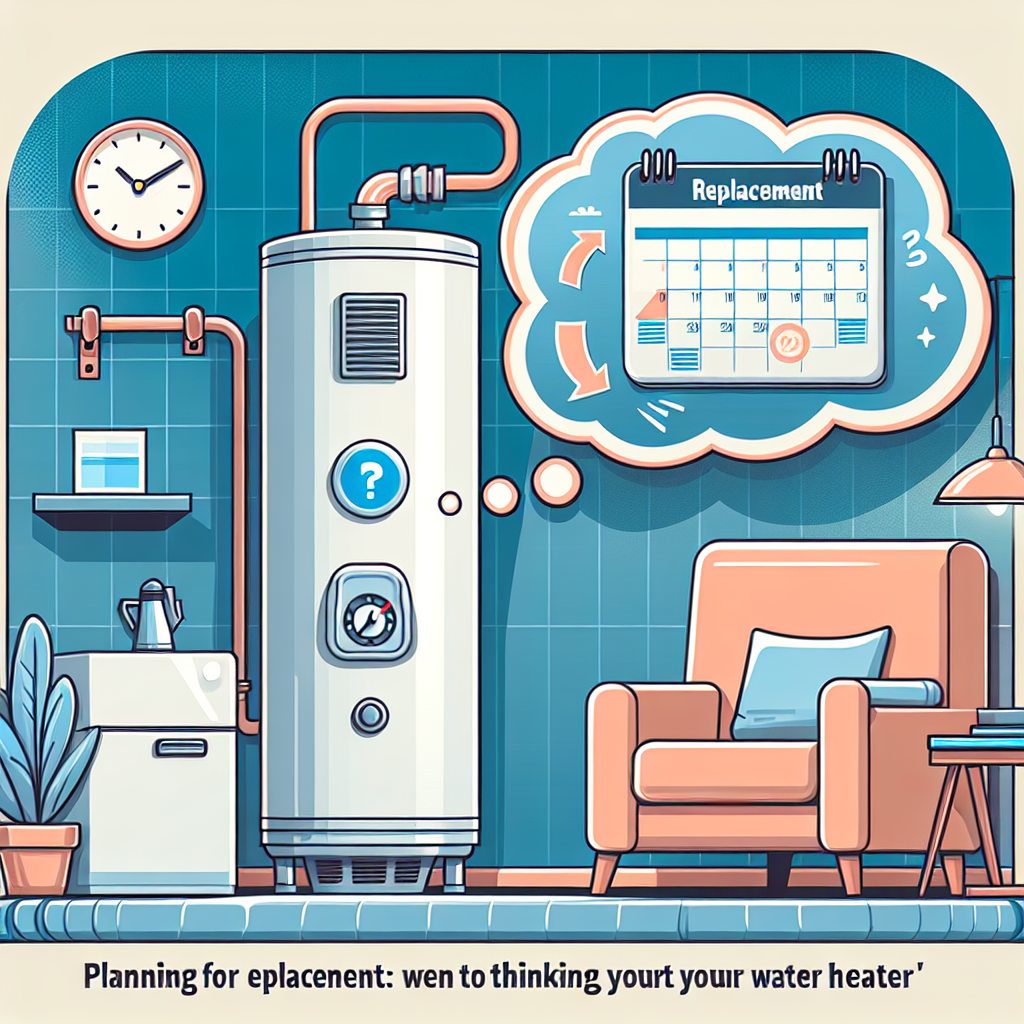Water heaters are often overlooked until they fail, but planning for their replacement can save you time, money, and discomfort. With many homeowners relying on consistent hot water for daily routines, understanding when and how to replace your water heater is essential. In this article, we’ll explore the signs that it’s time for a replacement, different types of water heaters available, and tips for a smooth transition.
The Lifespan of a Water Heater: How Long Should It Last?
Most traditional water heaters have a lifespan of 8 to 12 years, while tankless options may last longer, around 15 to 20 years. However, factors like usage, maintenance, and the quality of the installation all play a significant role in a water heater’s lifespan. Knowing the age of your water heater enables you to gauge when it might be time for a replacement.
Signs It’s Time to Replace Your Water Heater
Recognizing the signs of a failing water heater can help you avoid a last-minute crisis. Here are some indicators that it may be time for a replacement:
-
Age: If your water heater is nearing or has surpassed 8 years, it’s wise to start considering a replacement, even if it seems to be functioning well.
-
Rusty Water: If your hot water looks discolored or rusty, it could indicate corrosion inside the tank. This is a sign that your water heater is on its last legs and may need immediate replacement.
-
Strange Noises: Banging, popping, or rumbling noises coming from your water heater could signify sediment buildup. While sediment can sometimes be flushed out, frequent noises often suggest deeper issues.
-
Inconsistent Temperature: If your hot water fluctuates between hot and cold, it’s likely a sign of failure within the heating elements or thermostat.
-
Leaks: Water pooling around the base of your water heater is cause for concern. Even small leaks should not be ignored as they can lead to significant problems over time.
- Higher Energy Bills: An inefficient water heater will work harder to maintain the desired temperature, leading to a spike in your energy costs. If your monthly bills are climbing, it might be time to consider a more efficient model.
Types of Water Heaters: What Are Your Options?
When planning for a replacement, you have several options to consider:
1. Traditional Tank Water Heaters
These are the most common type of water heaters. They store a specific number of gallons of hot water in a tank and are ideal for larger households. However, they’re less energy-efficient than other options.
2. Tankless Water Heaters
Also known as on-demand water heaters, these units heat water only as it is needed. They are more energy-efficient and can save you money over time, but may have a higher initial cost.
3. Heat Pump Water Heaters
Using electricity to move heat from the air or ground to heat water, heat pump water heaters are very energy efficient. They can be a bit more expensive upfront but offer significant savings on energy bills in the long term.
4. Solar Water Heaters
These eco-friendly options use solar panels to heat water, making them an excellent choice for sustainability-minded homeowners. They do, however, require a higher upfront investment and are dependent on sunlight.
How to Prepare for a Water Heater Replacement
Planning ahead can make the replacement process smoother. Here are a few steps to consider:
1. Do Your Research
Invest time in researching different types of water heaters, their efficiencies, and their costs. Consider consulting a professional to understand which option is best for your household’s needs.
2. Budget for the Replacement
Set a budget that covers not just the cost of the new heater, but also added expenses like labor, potential plumbing modifications, and permits. Discuss financing options if needed.
3. Choose the Right Installer
Selecting a qualified and experienced plumber or contractor can make a significant difference in the installation process. Look for reviews, ask for recommendations, and don’t hesitate to get multiple quotes.
4. Plan for Downtime
Depending on the situation, a water heater replacement can take a few hours. Make arrangements for temporary hot water alternatives, especially if your home relies heavily on hot water for showers or laundry.
Conclusion
Replacing a water heater is a significant investment, but being proactive about the process can save you headaches down the line. By recognizing the signs of failure, understanding your options, and preparing for a smooth transition, you ensure that your home stays warm and welcoming. Remember, regular maintenance and timely replacements can lead to long-term savings and peace of mind. If you’re uncertain about your current water heater’s condition, contacting a professional for an assessment can provide clarity and direction.


